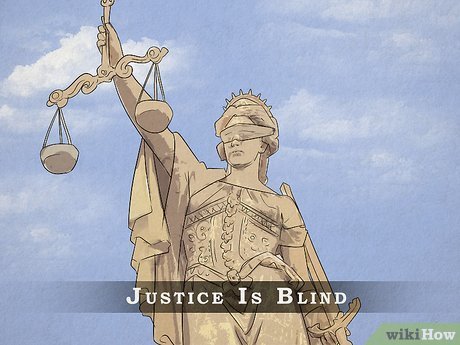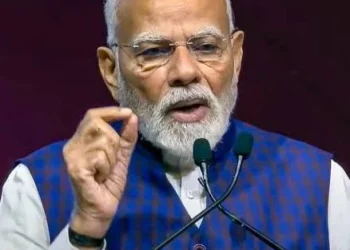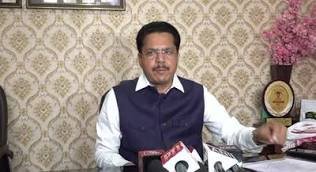KZC points to ‘selective justice’ as no arrests have been made in multiple atrocities against Kuki-Zo civilians. It calls or a political settlement as the Meitei–Kuki-Zo divide deepens in Manipur.
BY PC Bureau
August 1 — The Kuki-Zo Council (KZC) has condemned the arrest of Thanglienlal Hmar, alias Boya, by the National Investigation Agency (NIA) in connection with the 2024 Jiribam killings, describing the move as “arbitrary, unjustified, and a reflection of deep bias in the justice system.”
In a press statement issued on August 1, the Council said it was “deeply dismayed” by the NIA’s July 31 press release that named Hmar as a key conspirator in the killing of three Meitei women and children in the strife-torn Jiribam district last year.
READ:READ: Jiribam and Imphal: Two Brutal Cases—One Fast-Tracked, the Other Forgotten
“Thanglienlal Hmar is an innocent boatman who has no involvement whatsoever in the said crime,” said Ginza Vualzong, Secretary for Information and Publicity, Kuki-Zo Council. “His arrest appears to be arbitrary and unjustified, raising serious concerns about due process and fairness in the investigative approach.”
READ: United Naga Council Warns Centre over Border Fencing, FMR
The killings in Jiribam, a mixed-ethnicity district bordering Assam, occurred in November 2024 during a particularly violent phase of the ongoing ethnic conflict between the Meitei and Kuki-Zo communities in Manipur. The brutal killing of three Meitei women and children triggered a statewide outcry and were widely condemned. The NIA was roped in to investigate, amid allegations that local police were either compromised or ineffective.
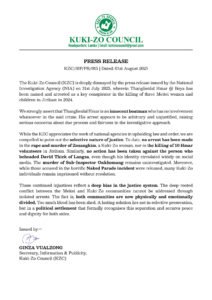
While the case has made little headway publicly since then, the agency’s sudden arrest of Hmar this week has drawn strong protest from the Kuki-Zo leadership, who claim that the arrest lacks evidence and reflects “selective prosecution.”
Allegations of One-Sided Justice
In the press release, the Kuki-Zo Council highlighted what it called a “pattern of systemic neglect” in cases involving Kuki-Zo victims.
“To date, no arrest has been made in the rape and murder of Zosangkim, a Kuki-Zo woman,” said Vualzong. “Nor has there been any progress in the investigation of ten Hmar volunteers killed in Jiribam.”
The Council also cited other cases where justice has allegedly been denied or delayed:
- David Thiek of Langza was publicly beheaded last year, with a video of the act circulating on social media. No arrests have followed.
- Sub-Inspector Onkhomang, a Kuki-Zo police officer, was murdered in uniform. The case remains uninvestigated.
- In the infamous Naked Parade incident, which shocked the country, several accused have reportedly been released, while “many Kuki-Zo individuals remain imprisoned without resolution.”
“These continued injustices reflect a deep bias in the justice system,” the KZC said. “Selective justice only deepens ethnic fault lines.”
Beyond legal concerns, the Kuki-Zo Council argues that the Manipur conflict cannot be resolved through piecemeal arrests or court trials.
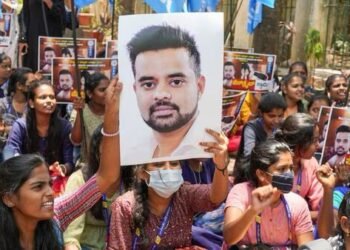
“The fact is, both communities are now physically and emotionally divided,” the press note stated. “Too much blood has been shed. A lasting solution lies not in selective prosecution, but in a political settlement that formally recognises this separation and secures peace and dignity for both sides.”
The KZC urged the Union government to immediately review the arrest of Thanglienlal Hmar and called on the judiciary to ensure fair and transparent proceedings. It also appealed to civil society and the media to investigate and report on the differential treatment of victims and accused from both communities.
Ethnic violence between the Meitei and Kuki-Zo communities erupted in May 2023, following a controversial High Court order on Scheduled Tribe status for Meiteis. Since then, hundreds have been killed, tens of thousands displaced, and multiple incidents of gruesome violence—beheadings, rapes, mob lynchings—have been reported.
The Kuki-Zo Council’s latest protest underscores the growing frustration among tribal communities over what they see as the state and central government’s unwillingness to pursue equitable justice or address core political demands.



